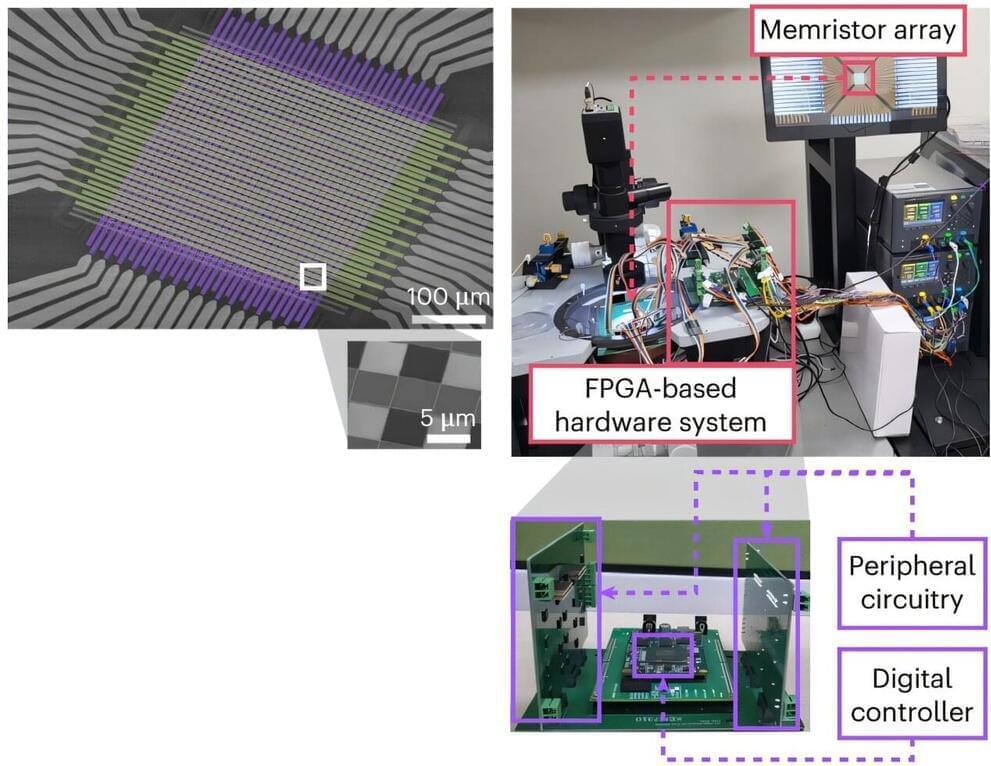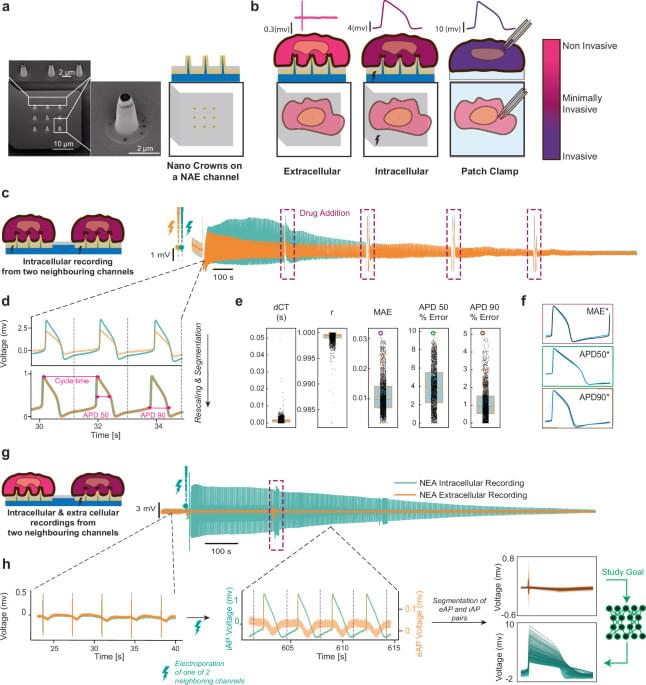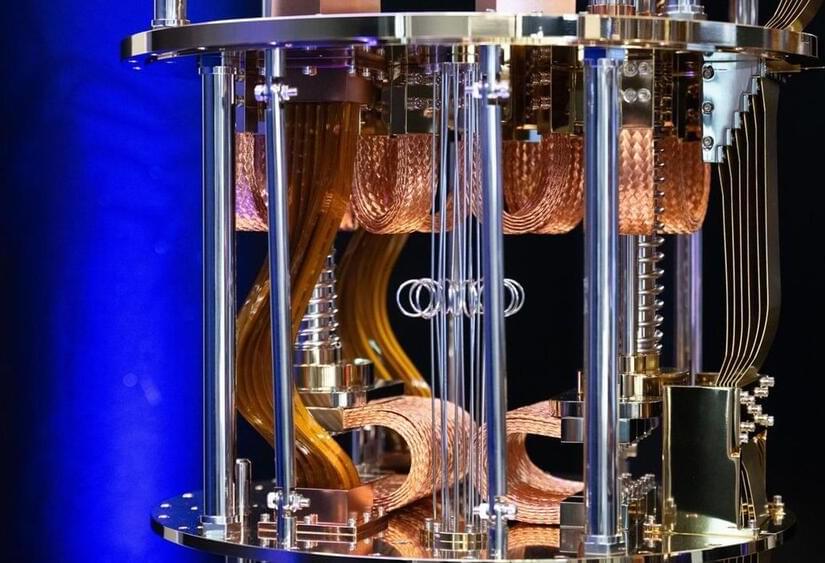In today’s AI news, AI or Not is on a mission to protect individuals and organizations from the risks of generative AI misuse. AI or Not, a widely covered AI fraud detection platform, has raised $5 million in a seed funding round to accelerate its use of “AI to detect AI” in images, audio video and deepfakes to prevent fraud and misinformation.
Layoffs And, AI media tech provider Runway has announced the release of Frames, its newest text-to-image generation model, and it’s winning early praise from users for producing highly cinematic visuals — a fitting compliment given Runway is known primarily as an AI video model provider. Could Frames dethrone Midjourney as the go-to choice?
In other advancements, ChatGPT maker OpenAI has finalized a version of its new reasoning AI model o3 mini and would be launching it in a couple of weeks, CEO Sam Altman said on Friday. The Microsoft-backed company has considered user feedback and, consequently, plans to release the API and ChatGPT simultaneously, Altman wrote.
In videos, character consistency has never been easier! Now you can use just a single image to generate consistent AI videos. Hailuo (Minimax) Subject Reference is AMAZING. In this tutorial they show you how to use it, creative use cases and a honest review. Enjoy!
Then, discover how Microsoft 365 Copilot Chat enables your entire workforce from sales to field service solutions. Microsoft 365 Copilot Chat can transform business processes with free secure AI chat, agents, and enterprise data protection.
And, IBM’s Amanda Downie discusses how combining human empathy with AI-driven insights can transform business outcomes, from building smarter customer experience solutions to driving efficiency and productivity. Learn how to harness the power of human-AI collaboration to create personalized, efficient, and effective customer experiences.
We close out with Tim from Theoretically Media, diving into the newly released Vidu 2.0 model, exploring its image-to-video, reference-to-video features, and overall performance. He compares it to Luma’s Ray2 text-to-video approach, as well as Sora’s evolving capabilities, highlighting where each model shines, (and where they still struggle).







